By Girija Madhavan
To some of us “Russia” evokes the memory of its great writers: Tolstoy, Pushkin, Dostoyevsky, Gogol, Turgenev, Chekov and others. Even in translation from the original Russian, they have an impact on their readers including some Indian thinkers. Later writers like Vladimir Nabokov and Boris Pasternak lived in the twentieth century.
When my husband and I were posted to the Indian Embassy in Moscow in the winter of 1981, we first thought of the vast country, its churches and icons, and its literary heritage. Only later did we start to grapple with the practical problems of the constricted life of diplomats in Moscow during the Soviet era.
With anticipation we boarded our Air India flight to Moscow. After a bumpy landing we could only see a great expanse of snow all around, no airport buildings in sight. When a red vehicle began to tug the plane forward, we realised that our plane had landed in an adjacent field, not the runway of Sheremetyevo airport. However, we settled down well in the house allotted to us in the Moscow suburb of Vspolni.
It was a dark winter, with grey skies pierced by bare branches and snowflakes that piled up in mounds. The intense cold [-15 or even -20 degrees Celsius sometimes] made it hard to be out for long. After a wet and bleak thaw, the trees showed a powdering of green from fresh new leaves, the sun shone and the golden domes of the churches glittered.
In the spring of 1982, Ananth, our son, was visiting us and I wanted to explore the nearby sights with him. We decided to go to Peredelkino, about 25.8 kilometres from Moscow. In the Soviet regime certain places were off limits. Maps were not available. Our first drive took us near a boarded up church and a militiaman flagged us down with his baton and made us turn back.
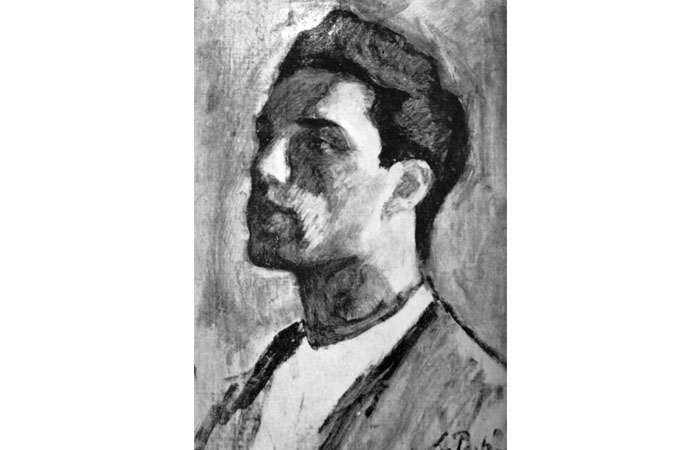
A portrait of Boris Pasternak painted by his father Leonid Pasternak.
The next day, better briefed, we set off down Kutuzovsky Prospekt, one of Moscow’s main roads for the hour-long drive. Peredelkino was peaceful and charming. Wooden Dachas [villas] with white framed windows were set against birch and pine trees, fields and meadows lead down to the river.
Peredelkino was once a nobleman’s estate. At Maxim Gorky’s suggestion it was given in 1934 to the Union of Soviet Writers who built homes there, a precursor to our own Cholamandalam, the artists’ village near Chennai. Boris Pasternak too had a Dacha here where he lived till his death from lung cancer in 1960.
Boris Pasternak was born in 1890 to Leonid Pasternak, a painter and Rosa Kaufman, a concert pianist. His book of poems entitled “My Sister, Life” published in 1922, won him acclaim. He also translated from the German, some works of Goethe and Schiller. His famous novel “Dr. Zhivago” was set in the period between the Russian Revolution of 1905 and the Second World War. It had a complicated plot and multiple characters. When he submitted it to Novy Mir [“New World”, a literary newspaper], the novel was rejected as the censors felt it contained a subtle criticism of socialist realism and philosophy. The script was smuggled out to Europe in 1957. Pasternak was awarded the Nobel Prize for Literature in 1958. At home he was denounced and had to decline the honour, owing to pressure from the Soviet Government. Even so, he had devoted readers. He never left Peredelkino in his last years.
His name was still in limbo when we went to see his tombstone. We clambered up a hill to the gates of the Church but there was no sign to show where this genius was buried. We searched among the tombstones for quite a while. A quick, furtive movement led us to the memorial made of a block of white limestone, the bust of Pasternak etched on it in outline. A young woman had placed a single flower on the headstone and was bending down to arrange a jam-jar with freshly picked wild flowers at the base. Seeing us, she quickly slipped away and disappeared, darting among the graves. We stood for a while in the silent churchyard to pay our respects to the writer, so adored by his readers, so harshly treated by the Soviet Government.
In 1985, after Gorbachev announced “Perestroika” and “Glasnost”, a reform movement for reconstruction and openness, Pasternak was honoured in his homeland. His Dacha, which we were not able to find, is now a Memorial, a star attraction on tourist agendas. Affluent Russians have now built estates in Peredelkino, changing the ambiance of rural tranquillity to one of showy grandeur. I am glad to have seen that landscape as Pasternak’s eyes saw it.



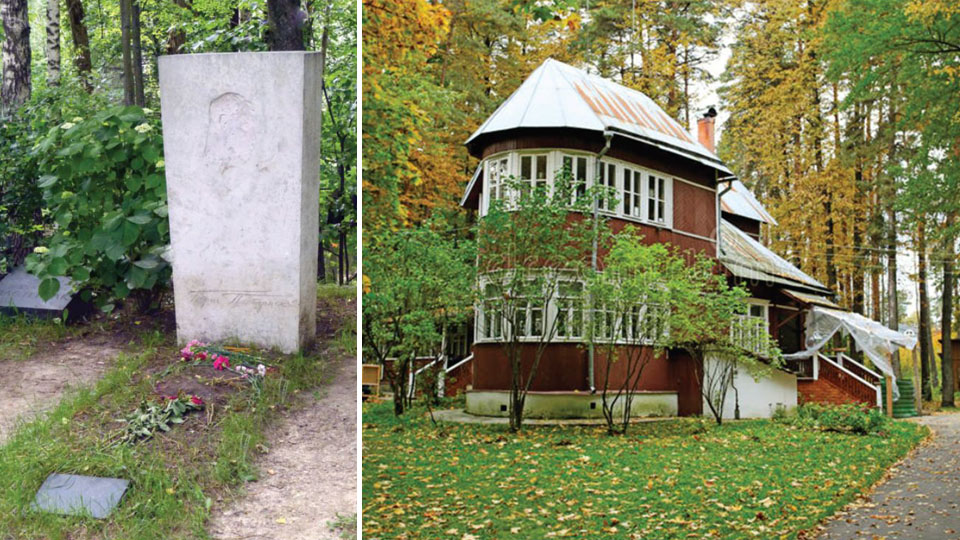
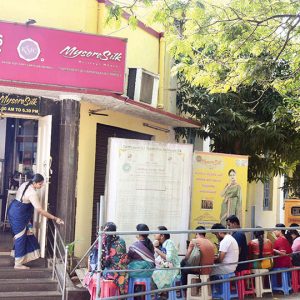
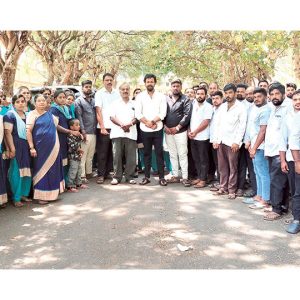
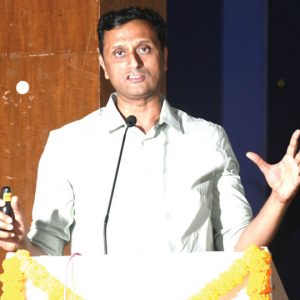
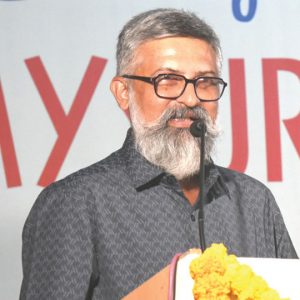
Recent Comments